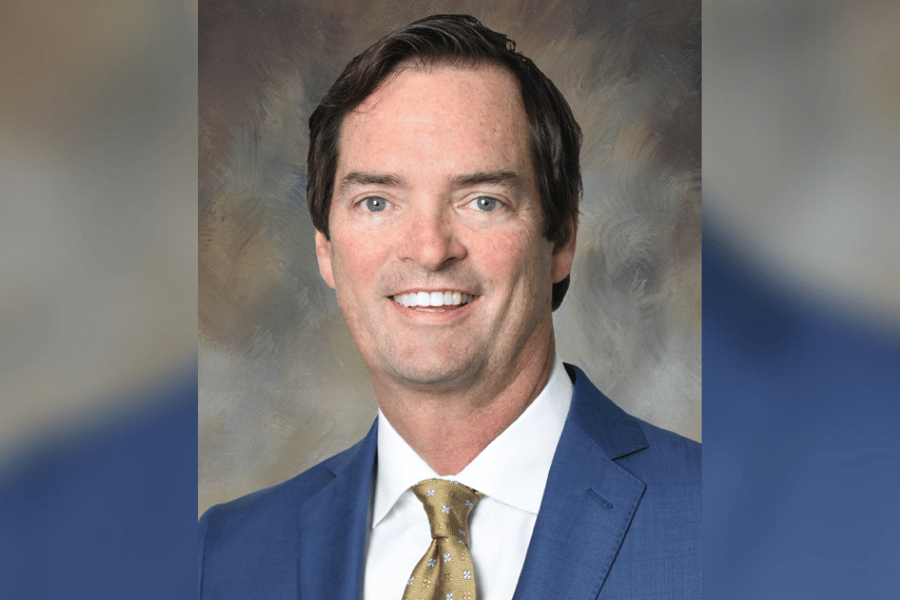New possibilities are arising in hard-hit self-employed borrower segment

Overall Non-QM borrower eligibility and FICO ratings have steadily improved over the last year. That’s according to Angel Oak Mortgage Solutions’ executive VP of production, Tom Hutchens (pictured). Applicants to Angel Oak’s bank statement loan programs, he said, are applying with higher FICO scores and lower LTVs, something that highlights the strength of these borrowers and the ingenuity business owners have shown in responding to the pandemic.
Hutchens explained why, despite improvements in their overall credit picture, non-QM loans remain an essential tool for serving self-employed borrowers. He explained how originators can use non-QM lending to show disheartened self-employed borrowers that the options available to them are far wider than what agency lenders might tell them, and he offered a key explanation as to why, in his opinion, these borrowers’ outlooks are improving after such a difficult year.
“Some of it comes down to American ingenuity,” Hutchens said. “This year required a lot of people to pivot their business models and make changes quickly and abruptly. We’ve seen that a lot of people were very successful at it. The bank statement loan allows us to take a true inside look at how they survived 2020 and, in a lot of cases, how they thrived.”
Hutchens noted the recent introduction of bank statement requirements in Fannie Mae’s full doc loans for self-employed borrowers. He sees this development as a kind of validation of the value in what Angel Oak and other non-QM lenders are doing.
The improvement in borrower outlook is directly quantifiable. Hutchens noted that their average applicant’s FICO score has risen up to 750 in recent months, up from an average of around 720. Average LTV has fallen to 70% as well. Hutchens believes these numbers speak to the strength of these borrowers and the demand for housing in this group.
Despite improving financial outlooks for self-employed borrowers, Hutchens stressed that non-QM remains an essential product-set for the group. Bank statement loans, in particular, allow these self-employed borrowers to navigate the impacts of tax-write offs on their tax returns.
Many of these self-employed borrowers have found the mortgage process especially difficult over the course of the last year. But as their financial prospects improve, Hutchens believes non-QM programs can offer them a degree of hope. Delivering that hope is up to brokers and originators who need to do the pavement-pounding work. They need to run down referral lists and past-client lists, working to discover the people for whom a mortgage can help them build even further on their recovery. In doing so, those originators can help make up some of the volume they’re already losing in refinances.
When that connection is made, Hutchens explained that an originator can make the case for a bank-statement loan with a simple look at the tax return. They can work out quickly that the slightly higher interest rate that comes with a non-QM product far outweighs the tax rate that will come with reporting more income to qualify for an agency loan. At an upcoming webinar, Hutchens will be discussing how originators can secure these deals in greater detail.
Beyond the economics of the deal, convincing a self-employed borrower to go non-QM comes down to service. As a longstanding leader in the space, Angel Oak’s goal is to provide efficient service by simply addressing the most important question upfront before letting the rest of the chips fall into place.
“We’ve worked hard over the years to remove any doubt as early on in the process as possible,” Hutchens said. “The number one issue on these loans is assessing a borrower’s income and cash flow that will qualify them for the loan. We’ve known that from the very beginning, what we have been doing for years now is moving that income analysis to the very front of the process. When I’m talking about borrowers that have 750 credit scores, they generally have really good assets and the only thing that is questionable on the loan is the income. We do that income calculation right out of the gate, so the borrower knows, the broker knows, everyone knows from the very get-go.”



